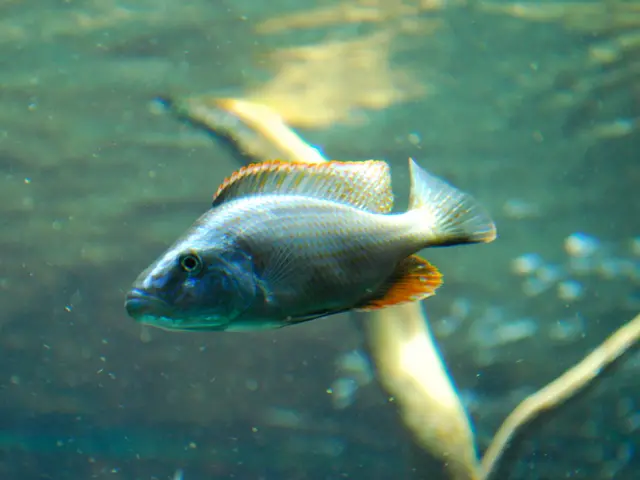EU Commission to Unveil 2030 Climate Plan, Boosting Germany's Digital Initiatives
The EU Commission is set to unveil its plans for achieving the EU's 2030 climate goals on July 13, 2021. Germany, with its robust industrial base and initiatives like boOst, stands to gain significantly from the use of digital technology in this regard. The Commission places digital technology on par with energy savings and renewable energy expansion.
The EU Commission's plans include integrating smart meters and smart charging, which can enhance energy efficiency. The upcoming amendment to the Energy Efficiency Directive is expected to benefit from these digital technologies. Bitkom President Achim Berg emphasises the need to develop climate protection and digitization together.
Germany could save around 150 million tons of CO2 per year by 2030 through accelerated and consistent use of digital technology. A digital infrastructure is crucial for the extensive expansion of renewable energies. The directive also addresses the CO2 emissions of digitization itself, proposing EU-wide uniform standards for data centers. Bitkom proposes a uniform energy label for European data centers based on existing standards.
The EU Commission's legislative proposals, to be presented on July 13, 2021, are expected to significantly advance the EU's 2030 climate goals. Germany, with its strong industrial base and supportive initiatives, is poised to benefit substantially from the integration of digital technology in this process.
Read also:
- Increase in Electric Vehicle Charging Stations Across U.S., But Is It Sufficient?
- Tesla's Semi-Truck enters partnership with Uber Freight, aiming to accelerate the usage of electric trucks.
- The current status of green hydrogen for developing countries following the wave of hype: Assessment of remains
- Rapid Growth in Bio-based Polypropylene Sector Anticipated at a Compound Annual Growth Rate of 26.5% by 2034








